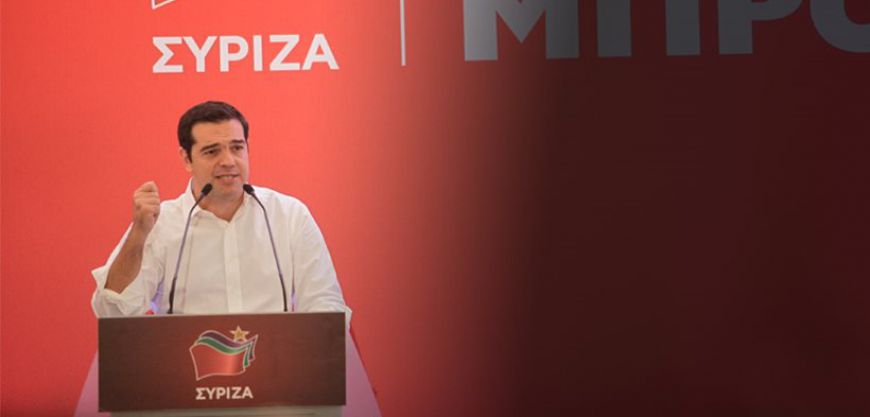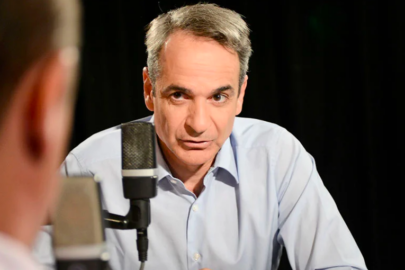Greek Prime Minister Alexis Tsipras presented his priorities for the Greek government during his speech at the meeting of the Radical Left Coalition (SYRIZA) central committee.
He heralded the start of the campaign for new members without seeking certification of previous political choices. Furthermore, he stated that there needs to be a succinct division between the state and government
Tsipras noted that the people justified the party’s choices and negotiation with international creditors as can be seen by the results of the September 20 elections.
The Greek prime minister said that for SYRIZA to achieve its political goals, it would need to overcome problems of the past. He underlined that the party needs to be open, especially to the people that have supported it, by allowing citizens to be active in party procedures.
Speaking of the link between the government and party, he said that the Left was for many years a victim of the client state. “We are the ones that need to enforce meritocracy, regardless of political beliefs.
Tsipras recommended a second conference of the Central Committee in February 2016. He said that the process for a restructuring and campaign for new members should begin. A major priority is the restructuring of the party’s youth organization that should be found in society and not just on the fringes.
SYRIZA’s victory have born fruits in Europe, noted Tsipras. He said that the Left doubled its strength in Portugal. He forecast that SYRIZA won’t be the only leftist government in the European South for much longer.
The government’s priority:
(a) democratic reform of public administration and the admission of a new, joint income index from January 1, 2016.
(b) supporting the social state, combating the humanitarian crisis, unemployment and poverty.
Upcoming plans in the near future
– A special transportation card for people with disabilities, large-member families, the unemployed, low-earning pensioners over the age of 65 years.
– The activation of a health card for the uninsured.
– School meals for primary students.
– Immediate legal regulations for the distribution of products from large food chains for solidarity.
(c) A new model for primary health care – the basic pylon for a new health system.
(d) Education reform, with a new map for Higher Education and research.
(e) The total restructuring of the social security system.
(f) Combating corruption and tax fraud.



































